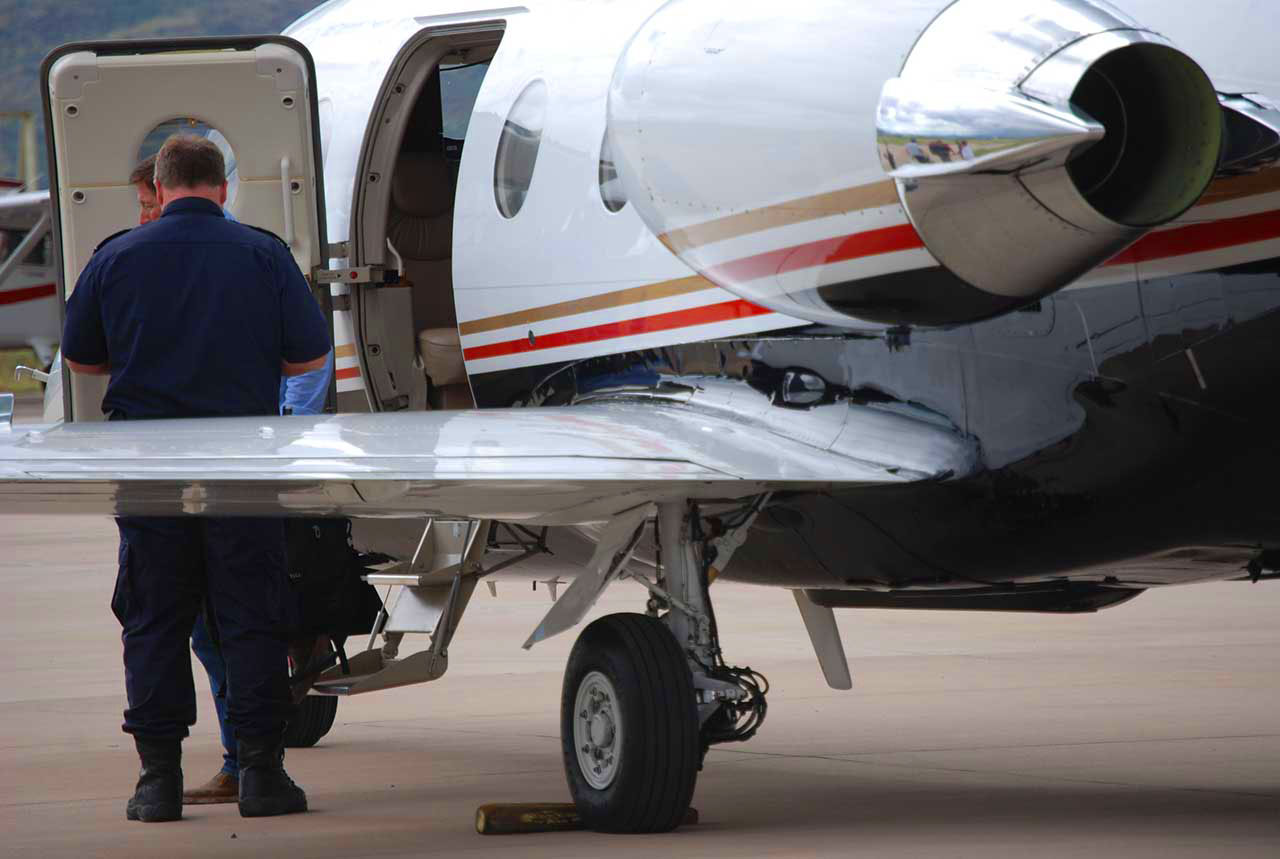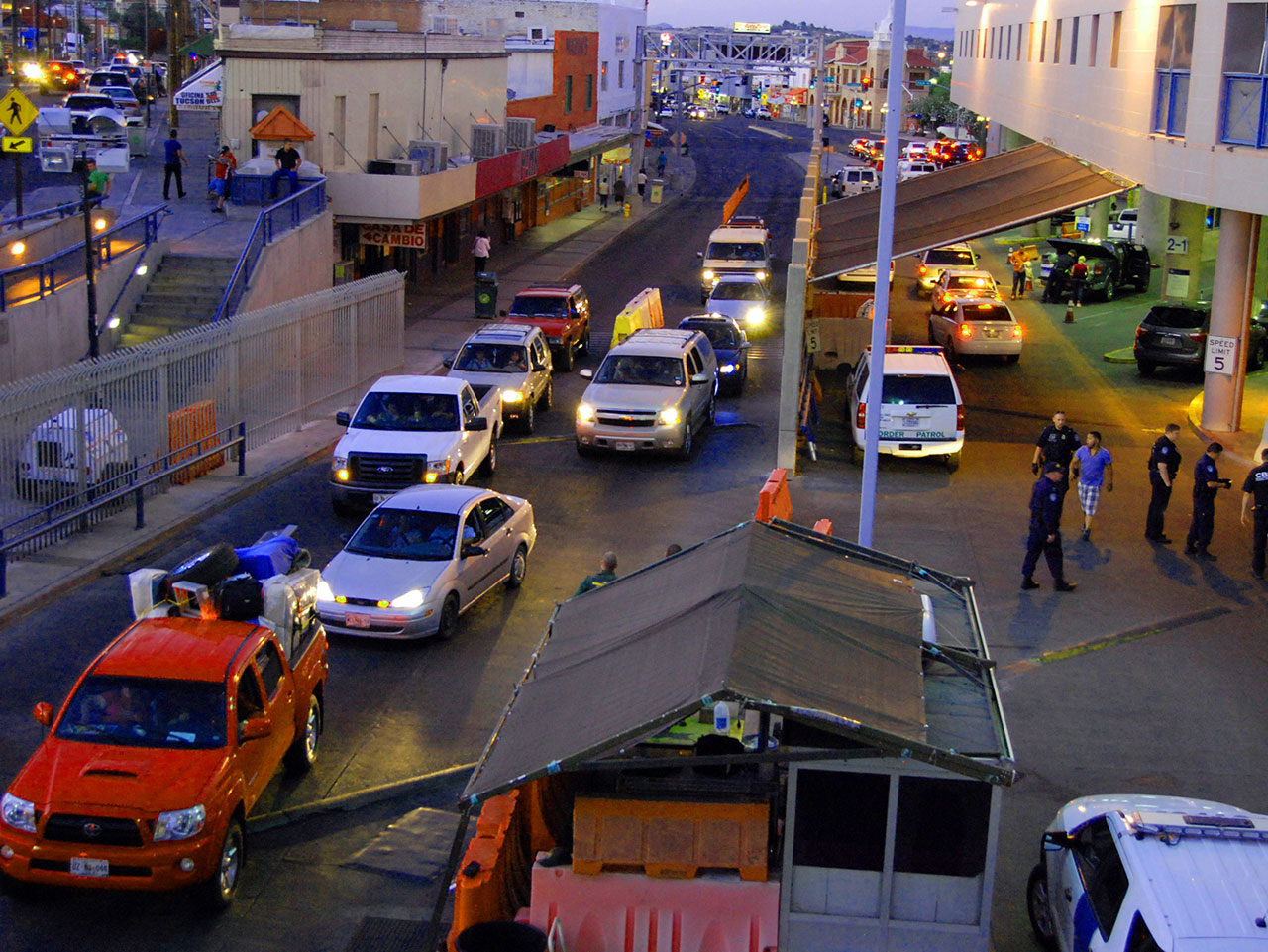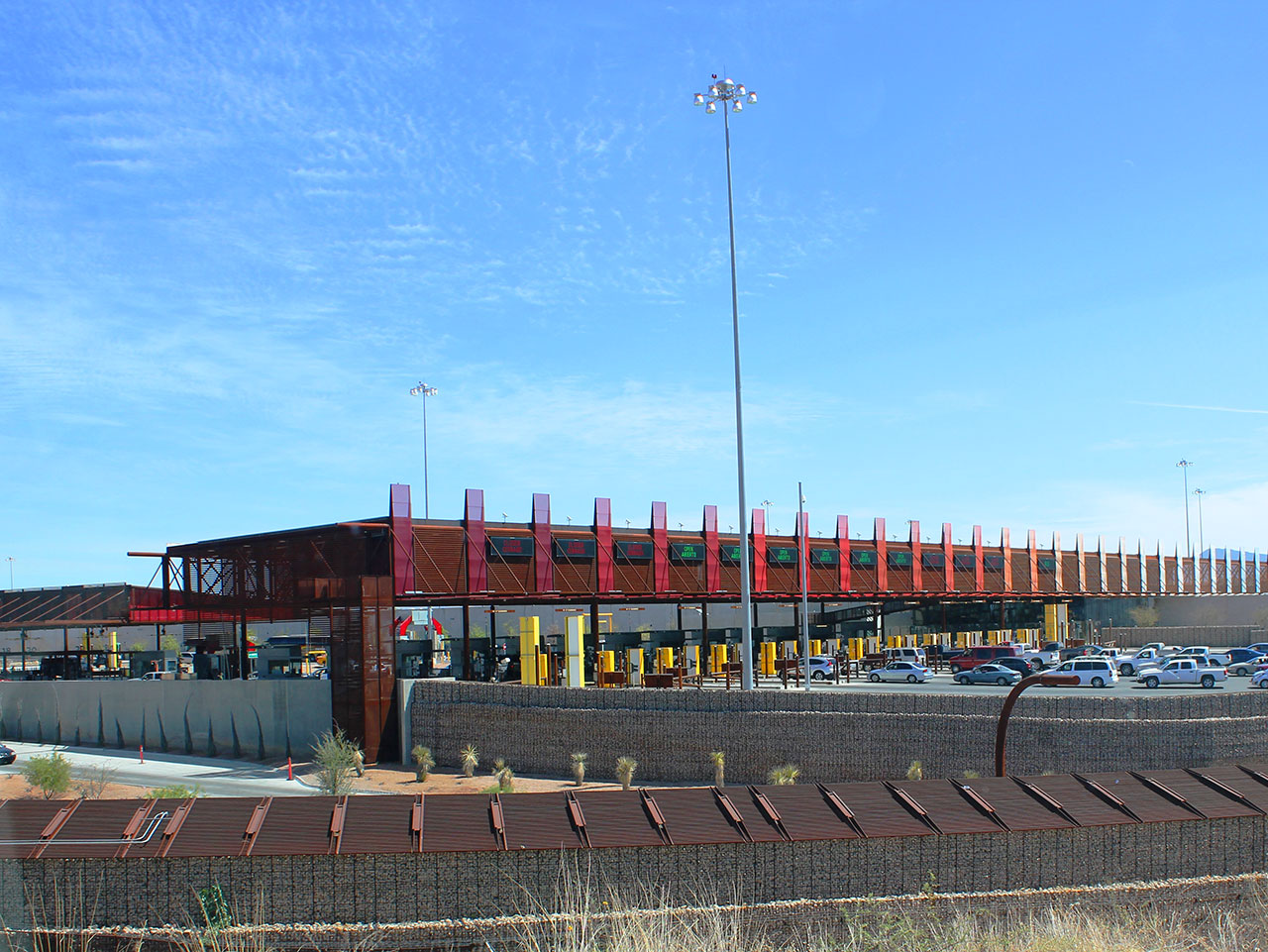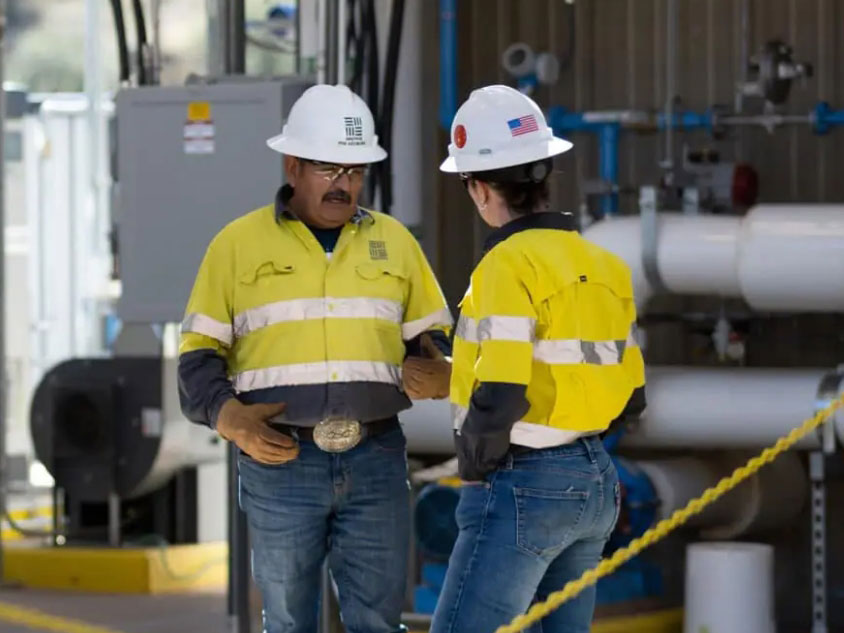Serving Eight Communities Within The Binational Region.
The Santa Cruz County Provisional Community College District (SCCPCCD) at the Santa Cruz Center is based in Nogales, Arizona, a culturally rich city that sits along the U.S.-Mexico border and one of the western hemisphere’s most vital trade corridors. The Provisional Community College District serves eight distinct rural communities throughout Santa Cruz County.
A Global Community.
Located just minutes away from Arizona’s busiest international port of entry, SCCPCCD serves as an incubator for collaboration between the business leaders of today and tomorrow.
SCCPCCD cultivates relationships with local business and educates a binational workforce to raise local and regional standards of living. Degrees, trainings and certification pathways are available in industries like healthcare, produce, agriculture, mining, manufacturing, the trades, engineering, environmental studies, EMTs, etc.
Through higher education and training programs, we empower residents and businesses in Santa Cruz County’s eight distinct areas: the City of Nogales, the Town of Patagonia, and the communities of Tubac, Sonoita, Elgin, Tumacacori, Amado and Rio Rico.
The Southwest’s Key Land Ports.
Nogales, Arizona is home to four international land ports of entry along the U.S.-Mexico border. Among them is the Mariposa Port of Entry — one of the nation’s most prominent hubs for international commercial trade.
The Mariposa Land Port of Entry was totally upgraded in 2014 by a contract awarded through the U.S. General Services Administration. This investment improved the Mariposa POE in all aspects so that it functions as effectively, securely and efficiently as possible.
Nogales and Santa Cruz County are a springboard for international commerce and trade. Federal agencies, customs brokers, and produce importers are among the many lucrative industries located in our region.
International Trade, Retail, Agriculture, Tourism.




The region thrives on tourism and retail, international trade, manufacturing, agriculture and government services. Nogales is an Enterprise Zone and boasts a 200-year history of entrepreneurship, mercantilism and international trade.
A Diverse Agricultural Industry.
Agriculture is a major industry in the county, with a diverse agricultural sector that includes livestock, crops, and wine grapes. The county’s main livestock commodity is cattle and calves.
Ranching is prominent within the county, but there is also significant greenhouse production and a robust grape-growing and wine-making region in the eastern part of the county in the communities of Sonoita and Elgin.
The county has fertile agricultural soil and a mild growing season. In 2017, the average farm size was 903 acres, which is larger than the national average.

A Strong Economic Future.
Nogales, Arizona sits a stone’s throw away from the rapidly growing city of Nogales, Sonora, Mexico. The sister cities hold economic, linguistic and cultural bonds — giving way to a bustling transnational economy. The area boasts a rich history of multi-generational family-owned businesses that operate on both sides of the border.
Top industries in Santa Cruz County include transportation, wholesale, government, and agriculture. The county is home to a cluster of industries involved in the importation, storage, and transportation of fresh produce from Mexico. Ranching is prominent within the county, but there is also significant greenhouse production and a robust grape-growing and wine-making region in the eastern part of the county in the communities of Sonoita and Elgin.
As the regional economy continues to modernize, several burgeoning industries are taking hold in Nogales and Santa Cruz County, ranging from high-tech mining to a budding nature-based economy and an emerging healthcare sector.
A New Kind of Mining.
As the regional economy continues to modernize, several burgeoning industries are taking hold in Nogales and Santa Cruz County, ranging from high-tech mining to a budding nature-based economy.
In 2027, multinational mining company South32 aims to launch the Hermosa Project, an underground mining operation in Santa Cruz County’s Patagonia Mountains. The first-of-its-kind operation will extract zinc and battery-grade manganese, creating more than 900 direct jobs within Santa Cruz County, according to estimates from South32.
The company has committed $2.16 billion toward the project — marking the largest private investment in Southern Arizona’s history.
A Budding Nature-based Economy.
From the Santa Rita Mountains to Patagonia Lake, Santa Cruz County holds a biodiverse, visually stunning landscape — drawing a consistent flow of birdwatchers, hikers, and recreators. In a 2021 study, University Arizona researchers found that Santa Cruz County’s nature-based restorative economy supported nearly 1,200 local jobs and generated $121.7 million in sales throughout 2019 alone.
As they develop, these industries highlight a bright future for our local talent, who will have access to fulfilling careers that provide good wages, all while staying close to home.
An Emerging Healthcare Sector.
The fastest growing industry in Santa Cruz County is Healthcare. Currently, Mariposa Community Health Center employs approximately 500 individuals and plans to double that in the near future. This rapid expansion has created the need for additional office space which is currently under construction. Additionally, Carondelet Holy Cross Hospital is constantly recruiting to fill vacancies within their organization. This workforce demand has necessitated the development of certification programs to not only meet the needs of the healthcare industry but other businesses as well.
Together both organizations are working with Santa Cruz County Provisional Community College District to create the following certification programs: Medical Assistant, Registered Nurse, and Physical Therapy Assistant.
Santa Cruz County’s Economic Conditions.
The information provided in the Santa Cruz County’s Economic Conditions Report summarizes key demographic, labor market, and workforce trends occurring within the state and local economy.





